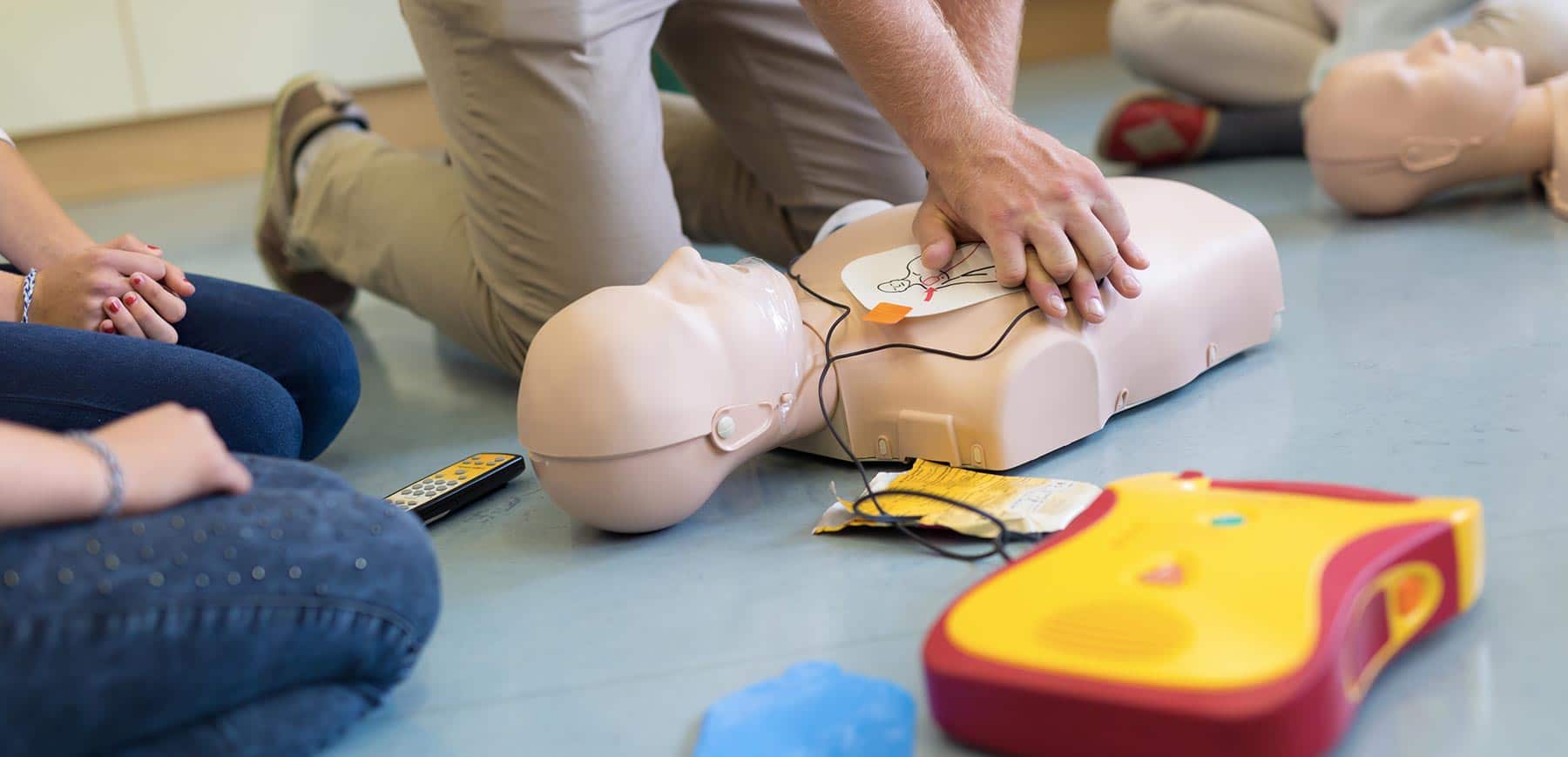CPR, or Cardio-Pulmonary Resuscitation, is a critical skill that can mean the difference between life and death in an emergency. Here, we will explore the reasons why learning CPR is not just a choice but a necessity. We will delve into its benefits, which extend beyond saving lives, and discuss who should consider CPR training.
Benefits of Learning CPR
Saving Lives
CPR training equips individuals with the ability to perform immediate chest compressions and rescue breaths, sustaining oxygen circulation until professional help arrives. This can significantly increase the chances of survival in cases of cardiac arrest.
Preventing Permanent Brain Damage
When the heart stops beating, the brain is deprived of oxygen. CPR helps maintain oxygen flow, reducing the risk of irreversible brain damage in the event of cardiac arrest.
Speedy Recovery for Victims
CPR not only saves lives but also promotes quicker recovery for victims. Timely intervention can minimise organ damage and improve the overall health outcomes of the individual.
Confidence in Emergency Situations
Learning CPR instils confidence in individuals to take immediate action during emergencies. Knowing that you can make a difference in a life-or-death situation can be empowering.
Enhancing Safety at Home and Workplace
By having individuals trained in CPR, homes and workplaces become safer environments. The presence of someone who can respond effectively to medical emergencies can be invaluable.
Who Should Learn CPR
CPR is not limited to a specific group of people; rather, its applicability is widespread. In fact, anyone can benefit from learning CPR. However, certain professions and situations make CPR training particularly crucial.
Nursing Home Employees
Nursing home employees play a vital role in patient care. They are often the first responders in medical emergencies, and knowing CPR can mean the difference between life and death for the elderly residents.
Daycare Staff
For daycare staff, the safety of children is paramount. CPR training is essential in ensuring that childcare providers can respond effectively to accidents or health issues that may arise.
Lifeguards
Lifeguards are responsible for the safety of swimmers and beachgoers. CPR is a fundamental skill for lifeguards, as they may need to perform water-related rescues and provide immediate care.
Flight Attendants
In-flight emergencies can occur, and flight attendants are trained to handle them. Knowing CPR is crucial for providing immediate assistance and ensuring passenger safety during such incidents.
Corrections Officers
In correctional facilities, medical emergencies can arise unexpectedly. Corrections officers trained in CPR can respond effectively to crisis situations, potentially saving lives.
Construction Workers
Construction sites can be hazardous, and accidents happen. Construction workers trained in CPR can provide immediate aid to colleagues in the event of an accident until professional help arrives.
Teachers
In educational settings, teachers are responsible for the well-being of their students. CPR training prepares them to handle student health issues, ensuring a safer learning environment.
In conclusion, learning CPR is a skill that everyone should consider acquiring. It not only has the potential to save lives but also offers a sense of empowerment, knowing that you can make a difference in an emergency.
Whether you work in a specific profession where CPR is crucial or simply want to be prepared for unexpected situations, CPR training is a valuable investment in your own safety and the safety of those around you.
If you want to book a place on our CPR & Defibrillator Training course, please get in touch!




